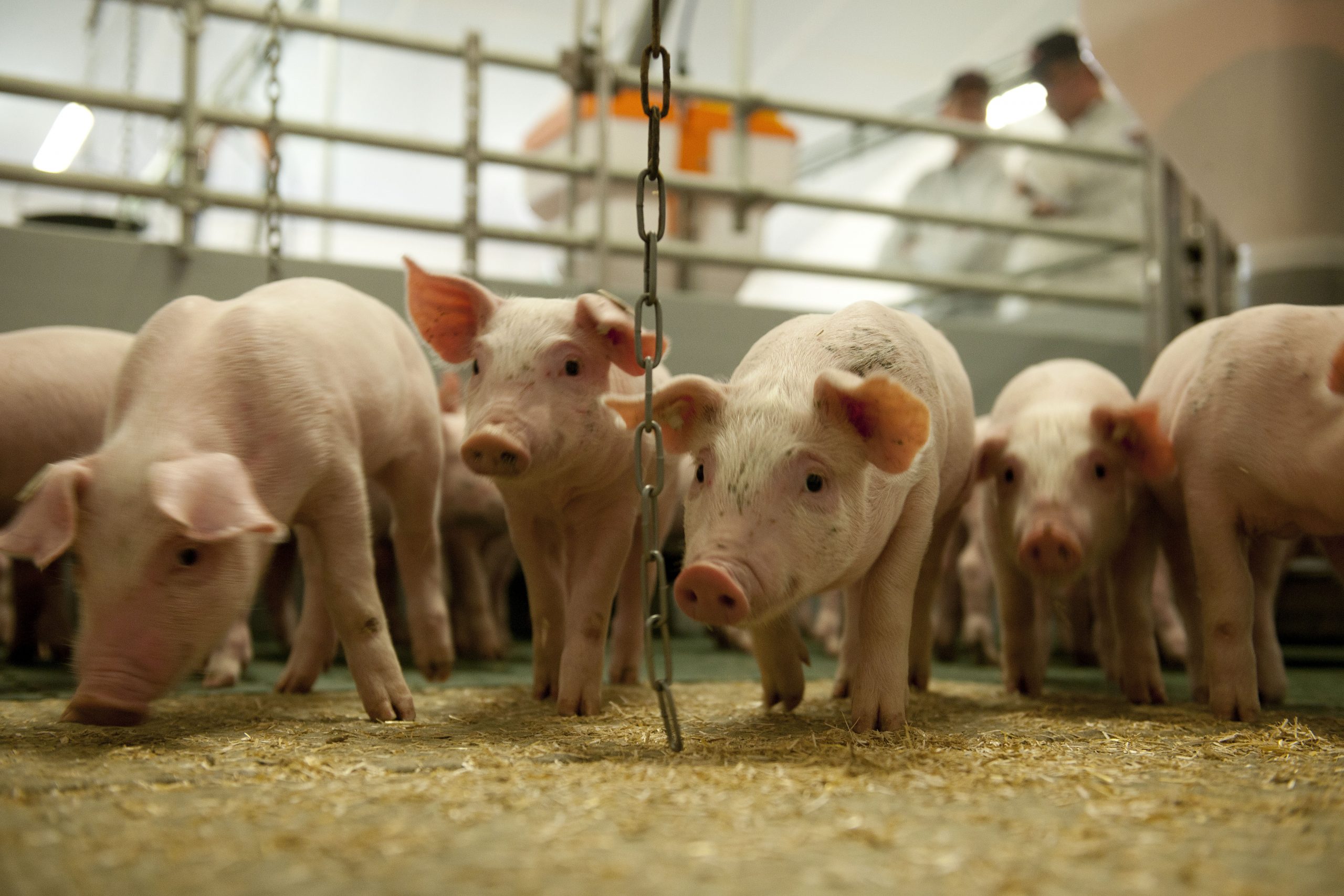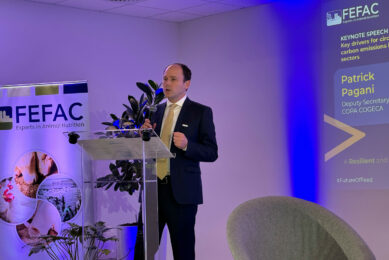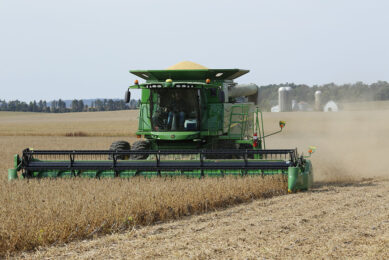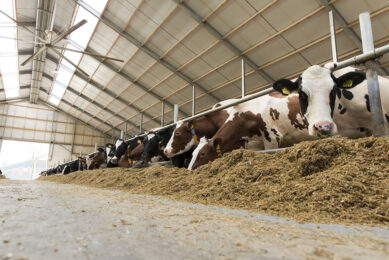5 trends driving precision livestock farming

The need for precision livestock farming is driven by trends in the industry and society at large. This is according to a new report from Dutch bank Rabobank.
According to the report, precision livestock farming (PLF) starts with the continuous, automatic collection and monitoring of data at the farm. By collecting data on individual animals, the management of these animals can be improved and adjusted accordingly. Smart equipment helps the farmer create (more) optimal living conditions for every animal. This is important, as farms are growing larger and are becoming more complex to manage. But there’s more: PLF can also create benefits beyond the operational, extending to the value chain and society at large.
The need for PLF is driven by trends in the industry and society at large:

Farms have become larger and more complex in terms of management, with more animals per employee.

There is a need to reduce costs and create more value to improve competiveness.

Productivity needs to be improved to meet rising animal protein demand.

The environmental footprint of farming needs to be reduced.

Farmers need to address societal concerns about animal welfare, improving transparency in the sector.
Precision livestock farming was also highlighted at the Proagrica Future Farming Theatre, organised at the recent GFIA Europe. See the video, pictures and presentation slides here.
The report addresses that by using PLF technology, farmers can make better-informed decisions, earlier in the process, as their own observations are enriched with big data. This leads to improved results on key farm performance indicators such as animal health and welfare, technical performance, environmental impact, and – last but not least – financial performance.
The RaboResearch report Livestock Farming Could Get Smarter: The Potential of Precision Livestock Farming identifies five key activities and can be downloaded by Rabobank members here.











